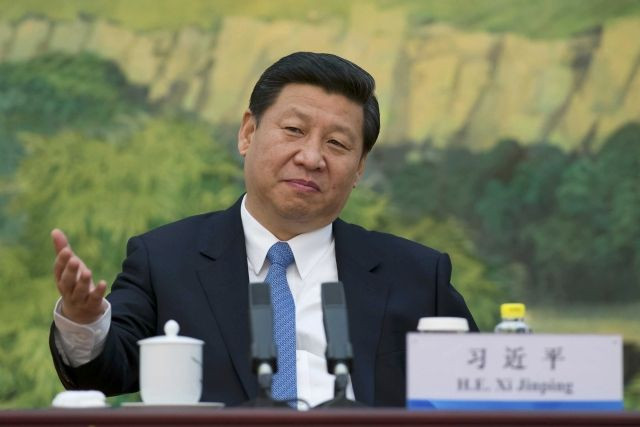China Willing To Promote Korea Dialogue, Says Xi Jinping

China’s newly designated President Xi Jinping expressed willingness to promote dialogue between the two Koreas while speaking to his South Korean counterpart Park Geun-hye, China’s foreign ministry said Wednesday.
"Peace and stability on the Korean peninsula is in the vital interests of the people of the peninsula and also of the Chinese people," Xi told Park during a telephone conversation with Park, the foreign ministry said in a statement, as reported by Reuters.
"China is committed to maintaining peace and stability on the peninsula and realizing the peninsula's denuclearization, and upholds resolving the issue through dialogue and consultation," Xi added.
"China is willing to provide necessary help to promote reconciliation and cooperation."
Tensions in the Korean peninsula are escalating ever since Pyongyang was condemned for its nuclear test in February.
Pyongyang opposes the fresh U.N. sanctions following the test and has also voiced its disapproval of the 11-day U.S.-South Korean joint military drills that started Mar. 11 involving 10,000 South Korean and about 3,000 U.S. troops. The exercise coincides with two months of separate U.S.-South Korean field exercises that began Mar. 1.
The two Koreas are still technically considered to be at war since the 1950-53 Korean War ended with an armistice pact, not a peace treaty.
Earlier this month, Pyongyang had threatened to launch a pre-emptive nuclear attack against the U.S.
North Korea turned up the heat days later, declaring that it was scrapping the armistice that ended the Korean War 60 years ago. It has also cut off a hotline that connects the two countries. However, South Korea said a unilateral move to end the pact was not legally possible.
China, which supported North Korea during the Korean War, has regularly expressed opposition to Pyongyang’s nuclear ambitions.
On Mar. 11, U.S. National Security Advisor Tom Donilon said that “no country, including China, should conduct “business as usual” with North Korea” when it is threatening its neighbors.
Though China backed new U.N. sanctions against North Korea in March, Chinese Foreign Minister Yang Jiechi said that was not the "fundamental way" to resolve the crisis.
"The only right way to resolve the issue is to take a holistic approach and resolve the concerns of all parties involved in a comprehensive and balanced manner through dialogue," Yang Jiechi had said.
© Copyright IBTimes 2025. All rights reserved.






















